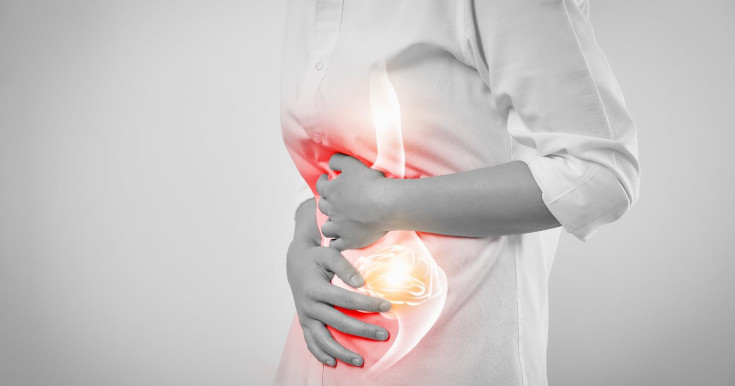
Common Gastrointestinal Symptoms in COVID-19
Digestive system disorders may not be the first thing that comes to your mind when you think about COVID-19 symptoms. But, according to scientific data, about 53% of all patients hospitalised due to the disease have experienced at least a single gastrointestinal problem.
According to doctors at a top gastroenterologist hospital in Kolkata, the incidence of GI disorders is rising among COVID-19 patients. If a person has pre-existing gastric problems, they are at an increased risk for more serious complications.
The evidence dates back to the time when COVID-19 was first discovered. The first patient of the horrendous illness had suffered from nausea for two days and ultimately advanced to diarrhoea. Symptoms related to the gastrointestinal system have made it to the list of the most common symptoms of COVID-19.
Symptoms Of Gastrointestinal Disorders in COVID-19

The main symptoms related to the gastrointestinal system include:
- Absence of taste or smell
- Reduced appetite
- Diarrhoea
- Gastrointestinal bleeding
- Nausea
- Vomiting
Some of the less common symptoms are:
- Acid reflux
- Abdominal pain
- Inflammation of the intestinal tract
- Indigestion
According to a top gastroenterologist hospital in Kolkata, in most people, these symptoms accompany respiratory disorders, which is the hallmark of COVID-19.
How is COVID-19 Causing Gastrointestinal Problems?
Coronavirus can affect numerous parts of the body, suggests recent research. This virus particularly affects the cells of the intestine and the respiratory cells using a special protein called ACE-2, a receptor protein. The cell membrane has these proteins that assist in controlling blood pressure. After entering the cell, the virus starts reproducing using the human cellular machinery.
Several viral progenies are released after the cell breaks open, and the immune system produces a strong response against these cells and causes an inflammatory reaction. This inflammatory reaction is ultimately responsible for gastrointestinal symptoms.
The viruses can also cause damage to the gastrointestinal tissues, which can produce intense symptoms like nausea, abdominal pain and diarrhoea. The virus may also cause the vagus nerve to act up causing nausea.
Why Does It Matter?
Many studies suggest that gastrointestinal symptoms of COVID-19 are one of the first symptoms to show up in the patients. This, tracking GI symptom can help in predicting the presence of the disease early on. Moreover, it has been observed in many research studies that people with more severe cases of GI infections are more likely to develop severe complications from COVID-19.
Some scientists have come up with a hypothesis to explain the phenomenon. According to this, people taking medications used to treat many stomachs and intestinal problems like those that reduce the amount of acid in the stomach make the patients more susceptible to the infection. That is because the virus usually gets killed due to the stomach acid, and people taking the medications have a lower amount of acid.
The gastrointestinal system should be monitored well in all COVID-19 patients for a better treatment outcome, says a doctor at a top gastroenterologist hospital in Kolkata. More research must be done to formulate a proper treatment plan for gastrointestinal symptoms in coronavirus patients. https://www.ilshospitals.com/ is one of the top gastroenterologist hospitals in Kolkata, where you can visit this pandemic for any assistance.












